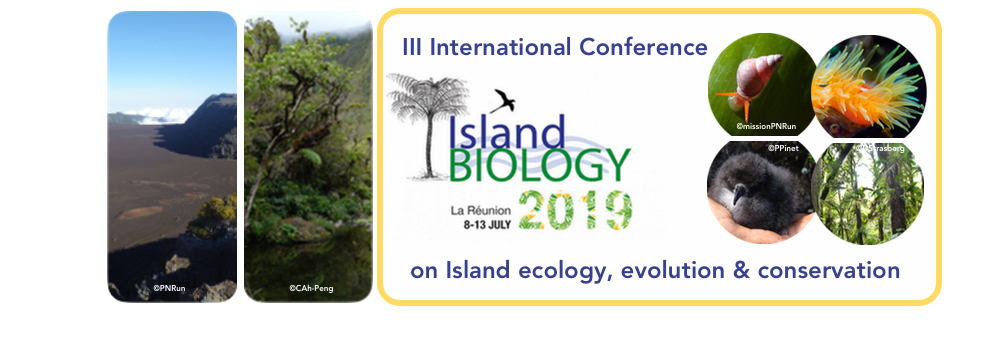This study aims to present “global law” theories and their usefulness, to highlight the role that law and lawyers may play for Islands governance to be adapted to global changes. Indeed, the hypothesis tested is that global law allows to consider the - otherwise invisible - actors de facto implicated in the rule-making and implementation processes at different levels, from local to global, but also the continuum between “soft” (or non-binding) and “hard” (or enforceable) law. In order to do so, the study mobilizes and defines some recent notions, derived from the ecological thinking applied to the law. For example, from a legal analysis perspective, the notion of « regimes complex » is helpful in order to designate the set of norms, actors and processes involved in islands governance, without being limited in our study by restrictive legal concepts, such as the judicial order, the formal legal value of the norms, or the de jure legitimacy of the actors considered. It permits to include in the study a sociological reading of a set of norms, to understand the circulation of these norms and to characterize them according to the actors who carry them. Adopting the situated point of view that global law recommends, reveals and, thus, may favour the process framing the interactions between various levels, fora and actors of law-making and law-implementation. Indeed, mapping applicable law to a given area or subject matter, like islands governance, actually depends from the point of view of the person answering the question, and the normative project he or she carries. This study main outcome is that global law helps to reveal the “relative” but also “dynamic” characters of the law that may frame island governance. Therefore, it allows to assess the existing normative offer, by referring to the sociological framework of justice, to identify accountability gaps of de facto powerful actors, and, more fundamentally, to focus attention on “connecting needs” to link for instance the issues of coastal governance and adaptation to climate change, or more broadly the issues of environmental and social justice.

|
|
|
|
Global law as an analysing tool of climate change adaptation: what relevance for justice assessment of coastal governance?
1 : University of Reunion Island
* : Corresponding author
UMR 228 Espace-Dev, Université de La Réunion, Saint-Denis
97490 Sainte-Clotilde France -
France
|
| Online user: 59 | RSS Feed |

|
 PDF version
PDF version